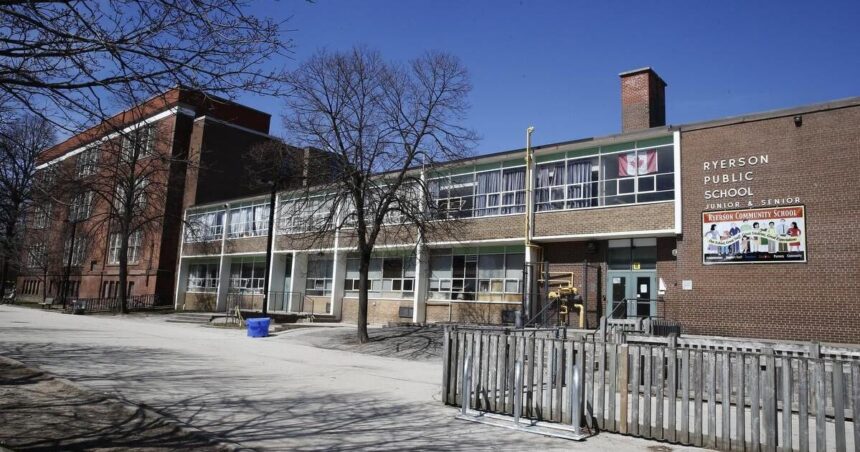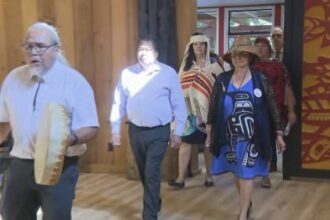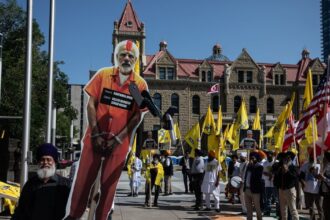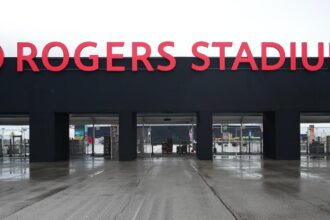In an abrupt shift that has rippled through Toronto’s education community, the Toronto District School Board (TDSB) has suspended plans to rename three schools following pointed criticism from Ontario’s Education Minister Stephen Lecce, who dismissed the initiative as “a waste of time and resources.” This decision marks a significant turning point in the ongoing dialogue about how educational institutions should address historical figures with complicated legacies.
The renaming initiative, which targeted three schools including Ryerson Public School, had been progressing through the board’s established review process when Minister Lecce’s comments brought the proceedings to a standstill. The minister’s intervention reflects growing tensions between provincial educational priorities and local school board autonomy in addressing historical reconciliation.
“The board will pause any further school renaming processes while we review the minister’s comments and determine next steps,” explained TDSB spokesperson Ryan Bird in a statement released yesterday. This suspension affects not only Ryerson Public School but also Queen Victoria Public School and Sir John A. Macdonald Collegiate Institute—all named after historical figures whose legacies have become increasingly scrutinized in recent years.
The controversy stems from broader societal reckonings with Canada’s colonial past, particularly regarding relationships with Indigenous communities. Egerton Ryerson, for instance, played a significant role in designing residential schools that caused immeasurable harm to generations of Indigenous children. Similarly, Sir John A. Macdonald, while Canada’s first prime minister, implemented policies that many historians now recognize as deeply harmful to Indigenous peoples.
For Indigenous advocates who have championed these changes, the sudden halt represents a significant setback. “This isn’t about erasing history—it’s about acknowledging the full truth of it,” explained Colleen Russell-Rawlins, the TDSB’s director of education, before the suspension was announced. “Our schools should bear names that all students can feel proud of and connected to.”
The financial considerations cannot be ignored in this debate. The TDSB estimates the cost for renaming a school at approximately $50,000—covering signage changes, uniforms, and various branded materials. With the board facing a projected deficit of $26.7 million for the 2024-25 school year, these expenses have become a focal point for critics of the renaming initiative.
Minister Lecce’s comments reflect a broader conservative perspective that questions what some call “symbolic gestures” in education. “I think taxpayers and parents expect us to focus on math, reading and writing,” Lecce stated during a press conference at Queen’s Park. “Not to be distracted by these types of initiatives that I think take away from the core mission of schools.”
The TDSB had been following a systematic approach to renaming, established in 2021 after the discovery of unmarked graves at former residential school sites prompted national soul-searching. Under this framework, school communities could request name reviews, followed by extensive consultation periods involving students, staff, parents, and community members before any changes would be implemented.
Parent reactions remain divided across Toronto’s diverse communities. “I understand the financial concerns, but what message are we sending our Indigenous students when we prioritize budgets over addressing historical wrongs?” questioned Maria Santana, whose children attend a TDSB school. Meanwhile, other parents like Jamal Habib counter: “With math scores struggling, maybe we should focus on educational outcomes first before worrying about school names.”
As this controversy unfolds, educational experts note that this represents more than just a dispute over school names—it highlights fundamental questions about who controls educational decisions in Ontario and how schools should balance fiscal constraints with efforts toward reconciliation and inclusion.
As Toronto’s educational community awaits the TDSB’s next move, one question remains particularly poignant: In our efforts to build an educational system that works for all students, how do we meaningfully address historical injustices while navigating competing priorities and limited resources?


















